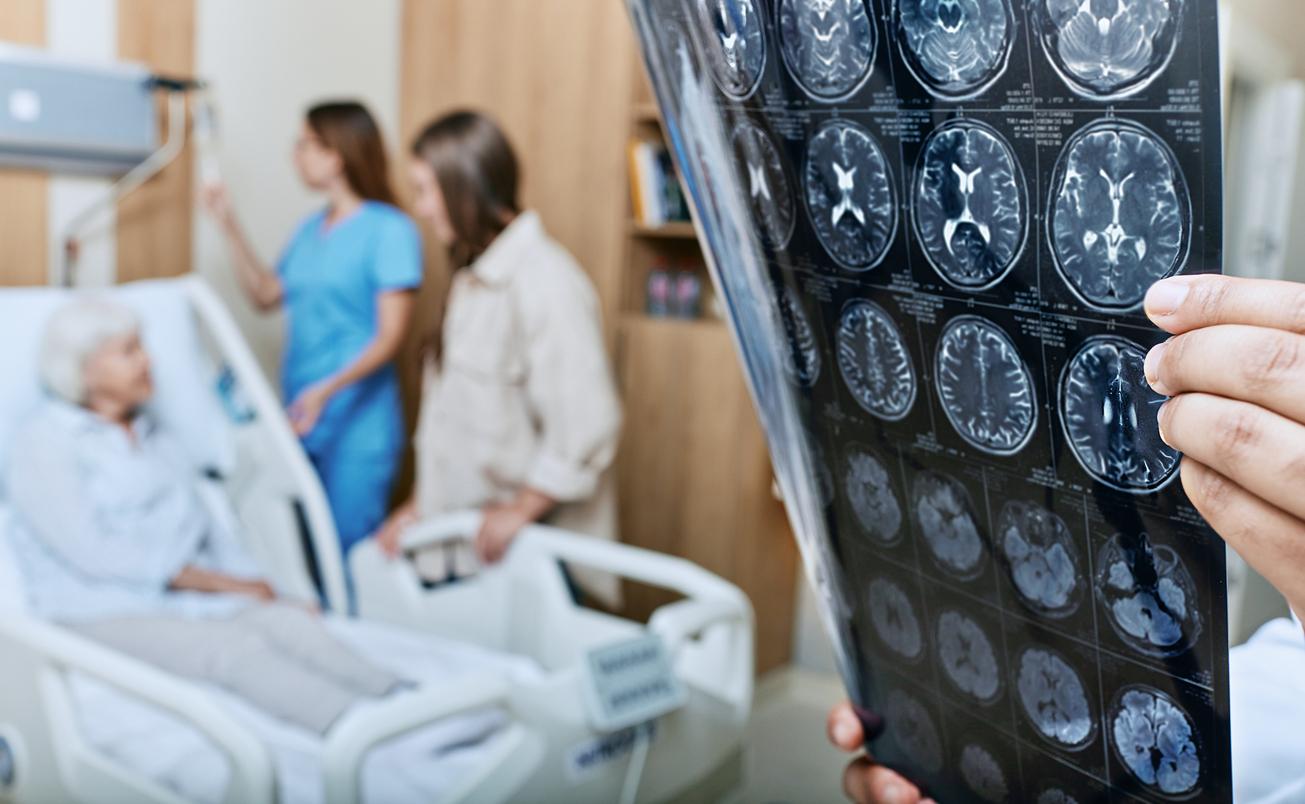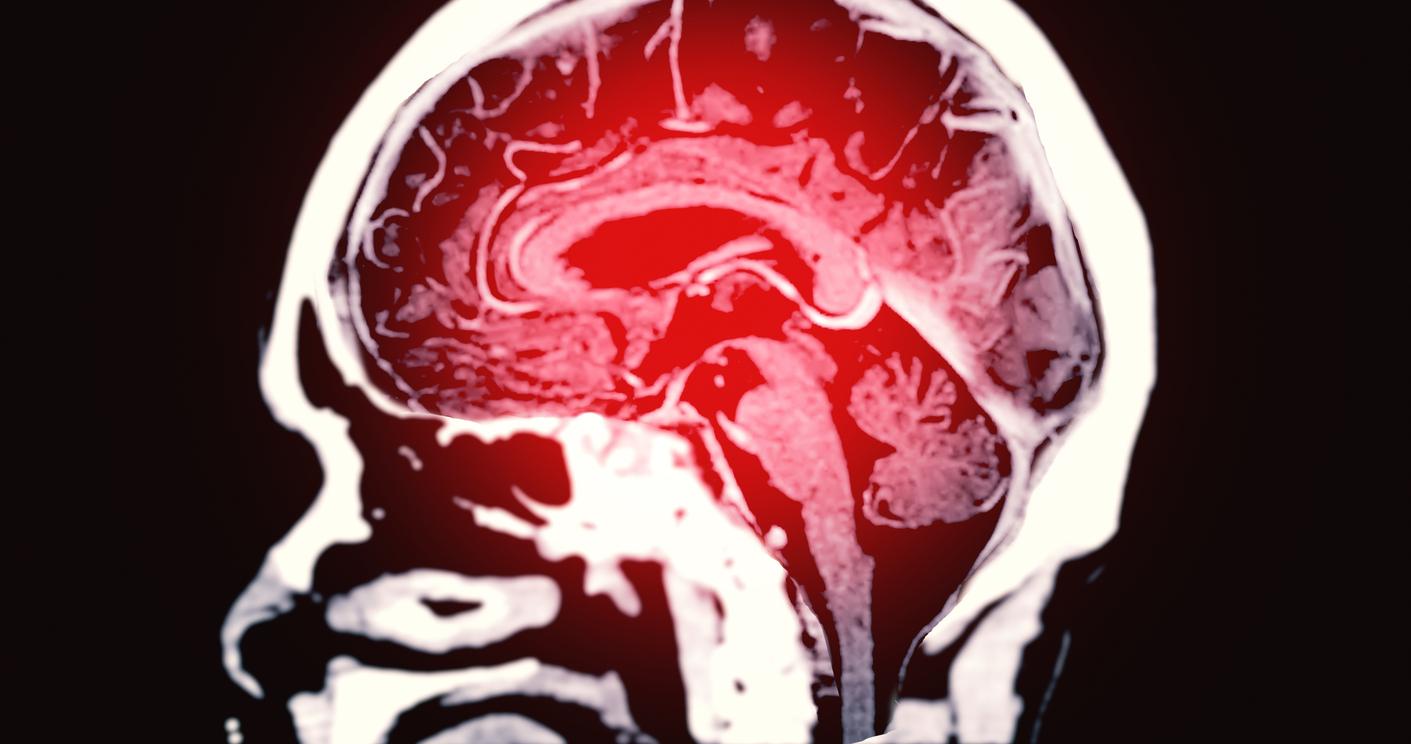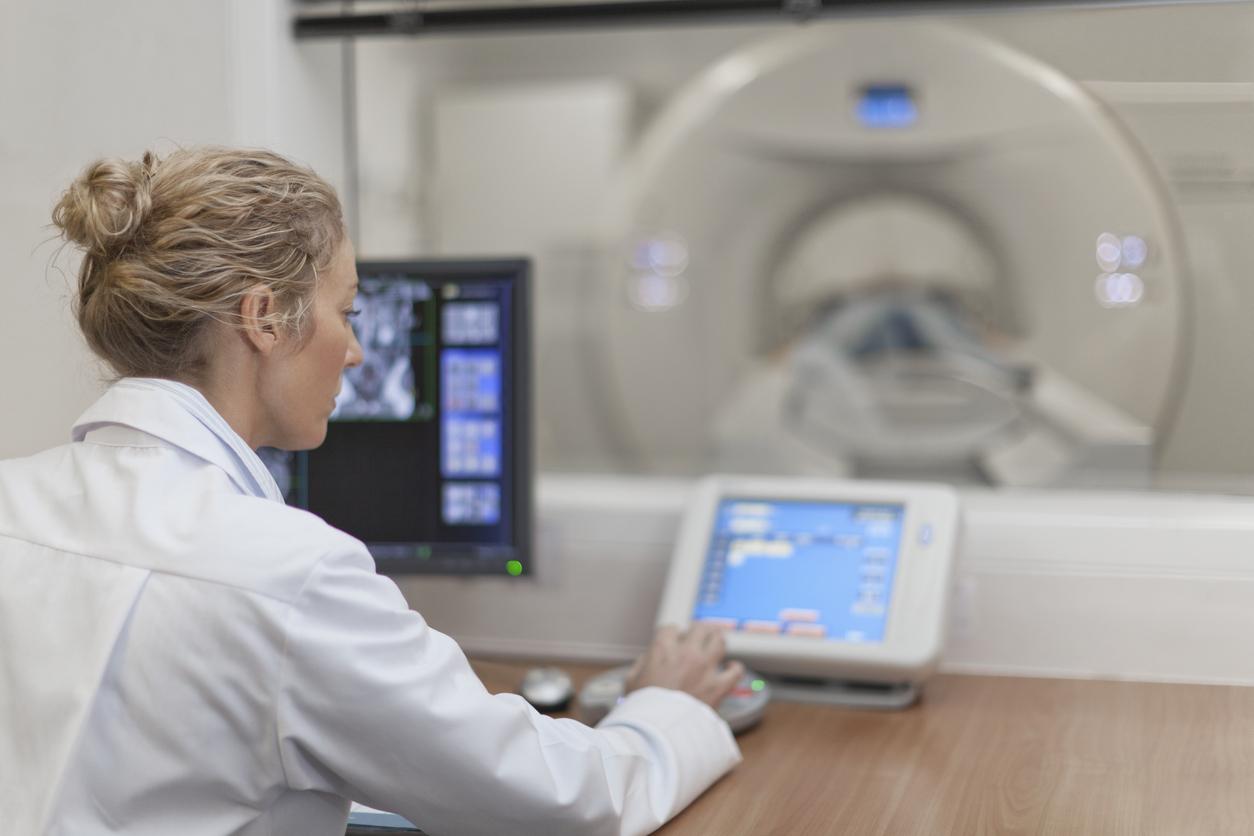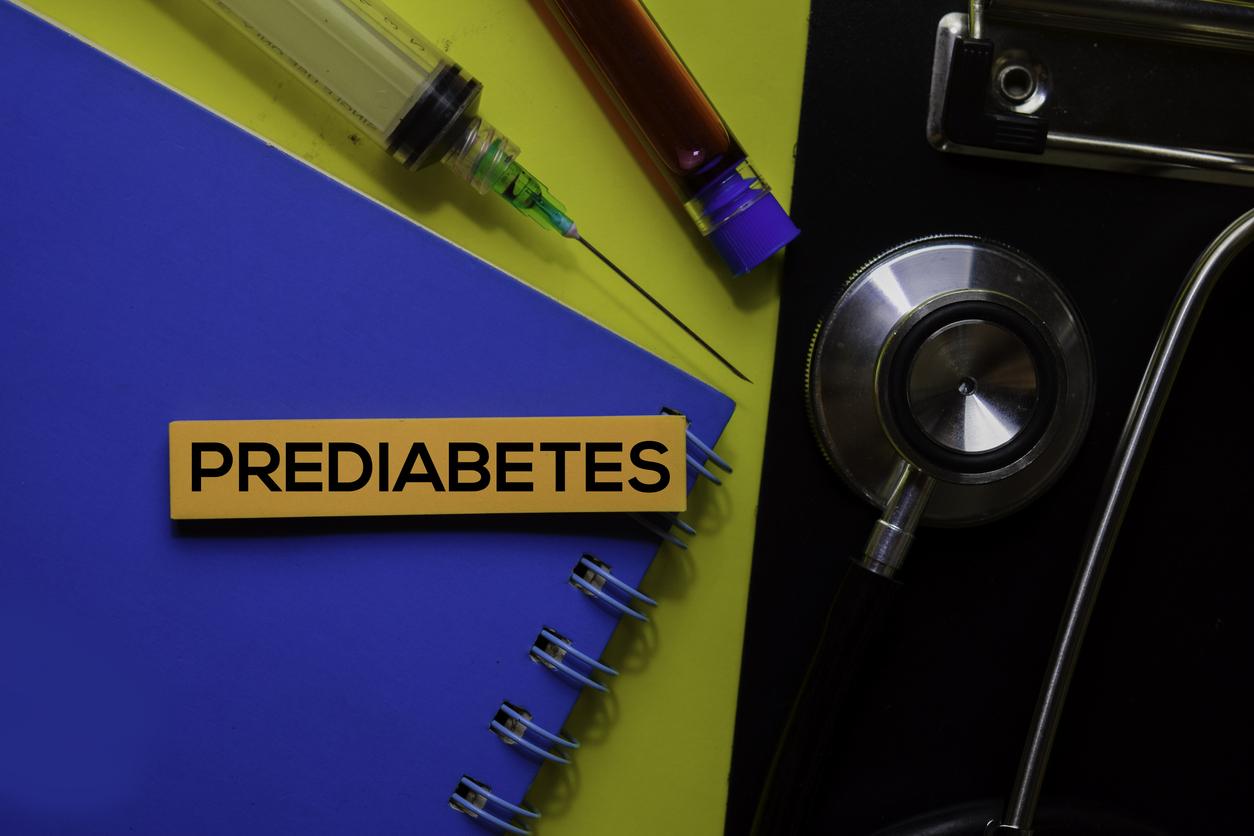Higher glucose levels worsen the prognosis of patients with ischemic stroke.

- In France, stroke is the leading cause of death in women, before breast cancer, and the third leading cause of death in men.
- In this study, researchers found that ischemic stroke patients had more complications when their blood glucose levels were higher than normal.
- Concretely, for each 10% increase in the glucose level, the risk of a worse prognosis increases by 7%.
Ischemic stroke occurs when an artery in the brain becomes blocked, preventing oxygen- and nutrient-rich blood from reaching the organ. This blockage causes brain cells in the affected area to die, according to a new study published in the journal Cardiovascular Diabetologythe consequences of this stroke can be aggravated when the victim suffers from hyperglycemia.
Every 10% increase in blood sugar increases the risk of a worse prognosis by 7%.
To conduct the research, teams from the Hospital del Mar in Spain examined data from 2,774 patients who had suffered an ischemic stroke. Variables such as age, diabetes, disability, stroke severity and treatment received were taken into account, as well as blood sugar levels at the time of hospital admission and how they compared with each patient’s usual levels.
Results: Higher than normal blood glucose levels were confirmed as a factor for worse functional prognosis and mortality three months after stroke, independent of other factors. An increase of only 13% in blood glucose compared to usual levels worsened the prognosis, regardless of the glucose level. This phenomenon was also observed in patients who previously suffered from diabetes.This variable better reflects the effect of sugar at the time of patient admission, and in the group of patients with higher indices, the prognosis and mortality are worse”, underlines Dr Elisenda Climentassociate physician in the endocrinology and nutrition department of the Hospital del Mar and researcher at its Research Institute.
In concrete terms, for each 10% increase in glucose levels, the risk of a worse prognosis increases by 7%. In people with higher levels, this risk increases by 62% and the risk of mortality by 88%.
Stroke treatment: towards a personalized approach based on blood sugar levels?
“A more conservative therapeutic approach is currently chosen, as strict control strategies have not proven superior due to the risks posed by glucose drops to the patients’ condition. Currently, sugar is not aggressively treated in patients with ischemic stroke. Our study may help select the population on which we can work more intensively, taking advantage of new technologies for safer follow-up“, explains Dr. Ana Rodriguez, head of the stroke section of the Neurology Service and researcher at the Research Institute of the Hospital del Mar.
To do this, doctors intend to carry out new studies.It is necessary to study whether this is a marker of severity, on which acting does not improve the prognosis, or whether it is a factor on which we can work to improve the condition of patients with higher than usual glucose levels.“, says Dr. Juan José Chillarón, head of the endocrinology and nutrition department at the Hospital del Mar and a researcher at its research institute. All this could allow “this subgroup of patients to benefit from more intensive insulin therapy, which could constitute a potential conceptual shift in their approach”, he notes.
According to data from theHealth InsuranceIn France, stroke is the leading cause of death in women before breast cancer and the third leading cause in men. It is the leading cause of acquired disability in adults and the second leading cause of dementia after Alzheimer’s disease.


















